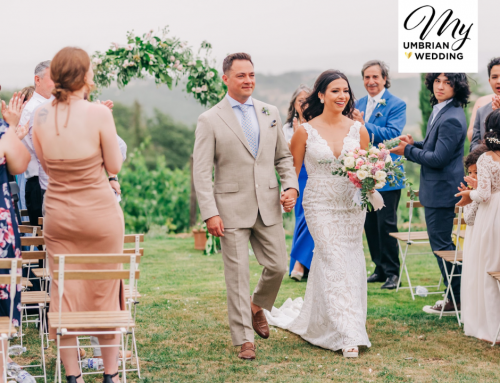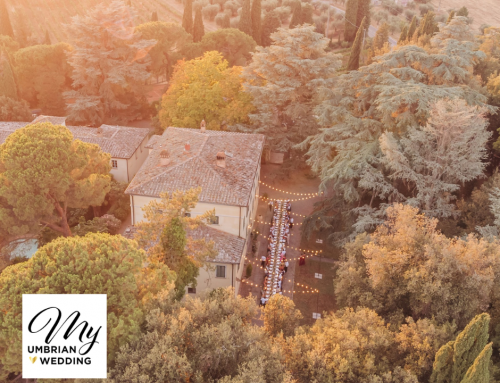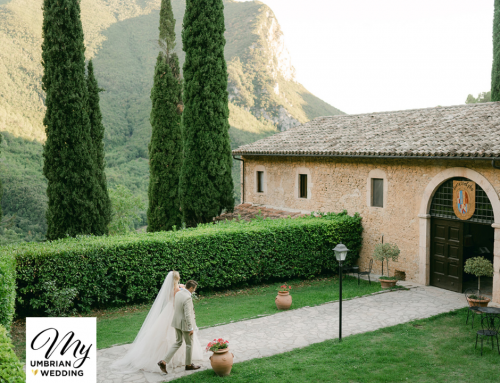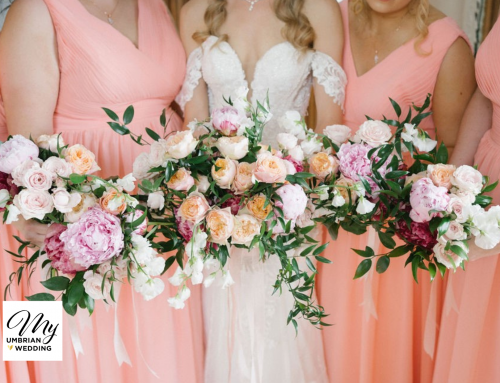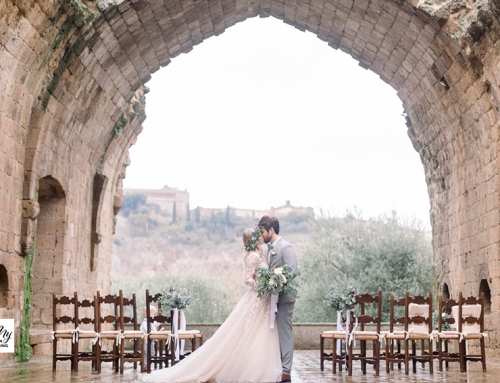Different types of Wedding Ceremonies: the ultimate guide
Wedding ceremonies are a special and personal event full of joy and celebration, and there is no wrong or right way to make your own. No two weddings are the same, and the ceremonies are often unique and tailored to the couple. From traditional religious rituals to non-religious ceremonies, there are many different ways to create a meaningful wedding ceremony.
Wedding ceremonies are a special and important part of the wedding day. They are the moments that will live on in the memories of the bride and groom, as well as their families and wedding guests. There are many different types of wedding ceremonies that you can choose from, and each one has its own unique meaning and symbolism.
If you’re planning your wedding, here you can find a useful list of some of the most popular types of ceremonies to consider. If you are planning a wedding in Umbria, I will be very glad to help you with the details!
Religious wedding ceremonies
Religious ceremonies are the most common type of wedding ceremony. They typically include traditional rituals, such as readings, hymns, and vows, that reflect the couple’s faith. Christian, Jewish, Hindu, and Muslim ceremonies are just a few of the many religious options available.
As someone of faith, a wedding religious ceremony is one of the most meaningful and important moments of life. It is a time of celebration and joy, and a time when two people make a commitment to each other to live in love.
The religious wedding ceremony is the most important part of the wedding day. It is a time to give thanks for the blessings of love and to commit to a life of faith and hope.
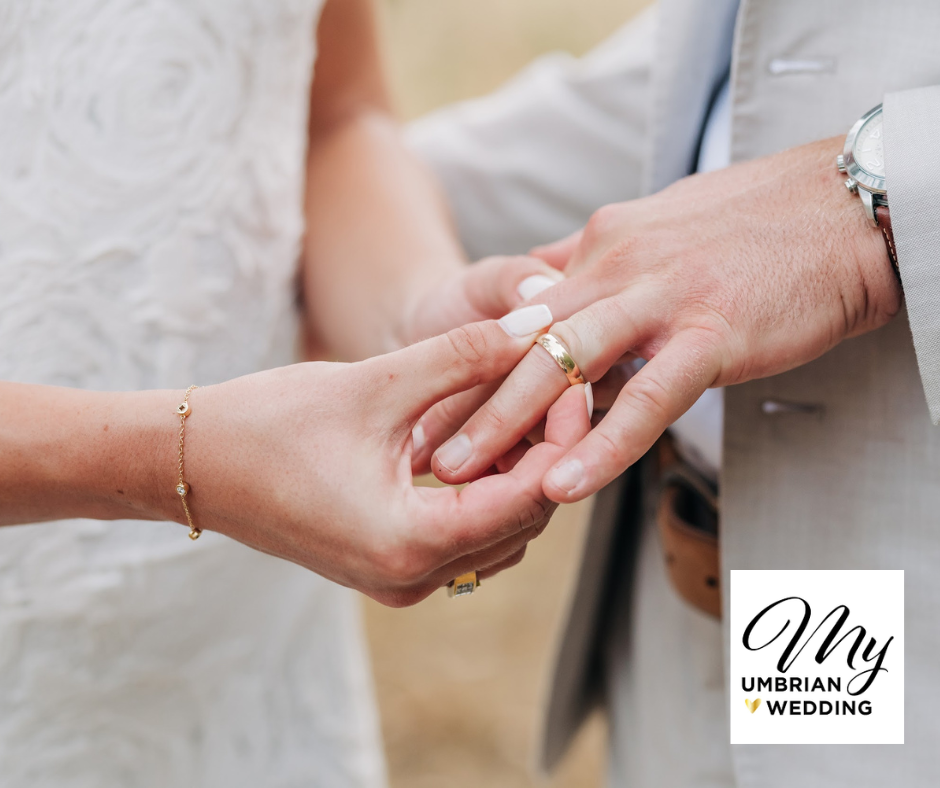
Interfaith wedding ceremonies
An interfaith wedding is a ceremony in which two people of different religious faiths come together to be married. It is often a combination of religious and secular traditions that honor both of the couple’s faiths.
Non-Religious wedding ceremonies
Non-religious wedding ceremonies are becoming increasingly popular for couples who don’t have a specific faith or who want to include elements from different belief systems. These ceremonies can be highly personalized and often incorporate elements from different cultures and traditions. A non-religious wedding in Umbria has its charme, indeed!
Let’s see together which kind of non-religious wedding ceremonies can be chosen by the groom and bride.
Civil wedding ceremony
Civil wedding ceremonies are typically non-religious and are performed by a civil celebrant.
civil ceremony allows couples to customize their wedding to fit their personal needs and beliefs. It also gives couples more freedom and flexibility when it comes to their wedding day.
This type of ceremony is non-religious in nature and is often held at a courthouse, city hall, or other public venue. The ceremony will include the exchange of vows and rings, as well as the signing of a marriage certificate. This type of ceremony is perfect for couples who do not wish to have a religious ceremony or who cannot have a religious ceremony due to their faith.
You can choose to get your civil wedding ceremony even abroad, for example in my beautiful region, Umbria: your trusted wedding planner will help you in order to have all the papers and documents in order, so that the wedding can be also registered in your country.
If you do not wish to be stressed by the bureaucratic side of the organization, you can simply choose to have a symbolic wedding. Let’s see how it differs from a civil wedding ceremony.
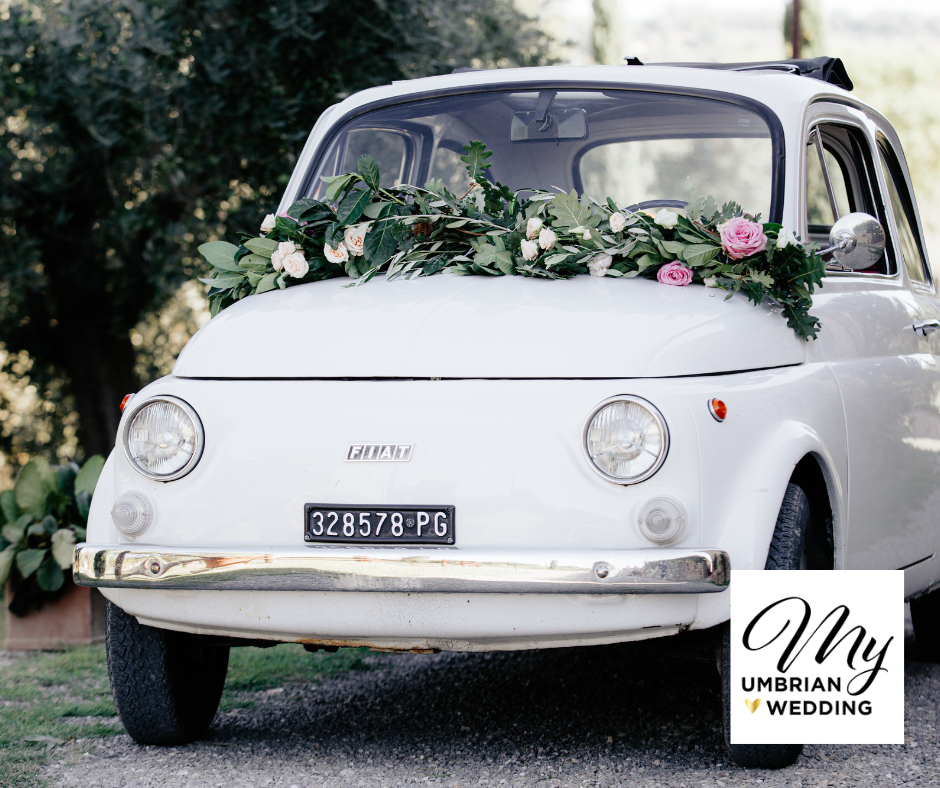
A symbolic wedding ceremony
A symbolic wedding ceremony is a non-legally binding ceremony that celebrates the union of two people. Symbolic ceremonies are typically less formal than traditional weddings and may include symbolic gestures.
The first step in creating a symbolic wedding ceremony is to choose an officiant. This can be a friend or family member, or even a professional celebrant who specializes in non-religious ceremonies. We can provide this service, our official celebrant will ask you some questions about your love story and about you, so that she will be able to personalize the ceremony. A very touching moment.
The next step is to decide on the structure of the ceremony. The couple should keep in mind that the ceremony should be a reflection of their relationship and should include elements that are important to them. This could include readings, music, or even a short poem or story of how the couple met and fell in love.
The couple should also decide on any rituals they want to include in the ceremony. Popular non-religious rituals include the sand ceremony, the unity candle ceremony, and the handfasting ceremony. Each of these rituals can be easily adapted to reflect the couple’s relationship and values.
Finally, the couple should choose their vows. This is the most important part of the ceremony, as it is an opportunity for the couple to express their commitment to one another. Vows can take many forms, from simple promises to more elaborate statements of love and commitment.
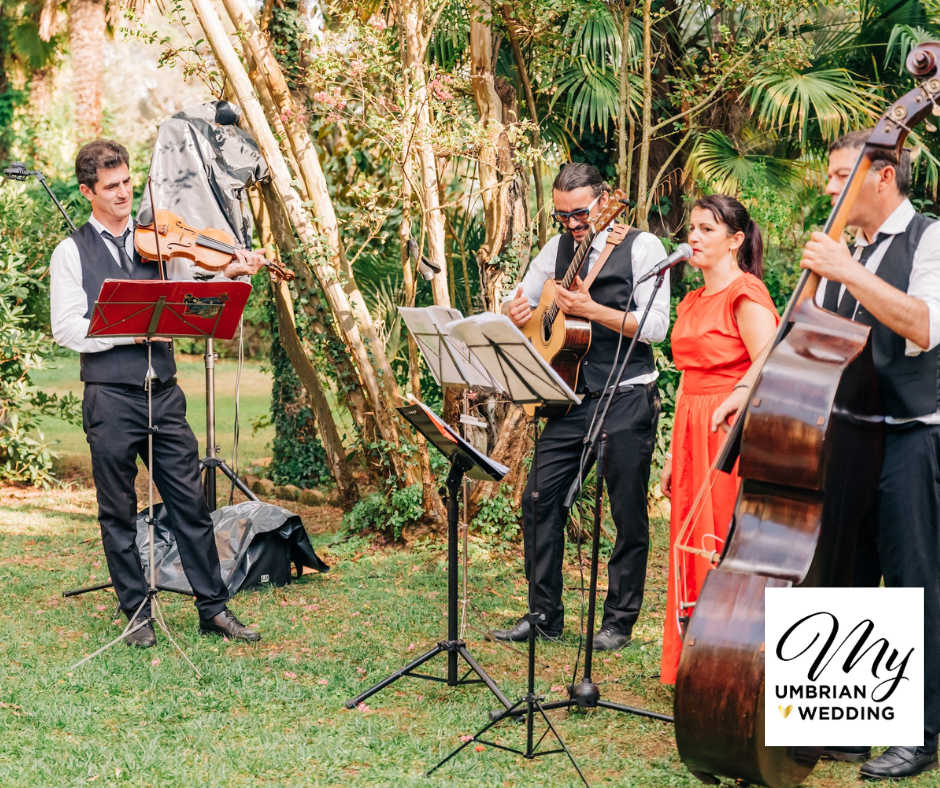
Elopment wedding ceremony
An elopement wedding ceremony is a type of wedding ceremony where the couple chooses to keep the ceremony intimate and private, typically only inviting a few close family members or friends to witness the exchange of vows. Instead of a traditional wedding, an elopement wedding often includes a smaller-scale ceremony and a more intimate gathering.
An elopement wedding ceremony allows for a more intimate exchange of vows between the two of you.
Elopement weddings are significantly more cost effective than traditional weddings. You don’t have to worry about catering, decorations, music, or a venue. You can find a destination that is meaningful to you, or just pick a place that you’ve always wanted to visit. A destination wedding in Umbria can really be a beautiful surprise: green hills, olive groves, hamlets, castles… it really sounds like a fairytale.
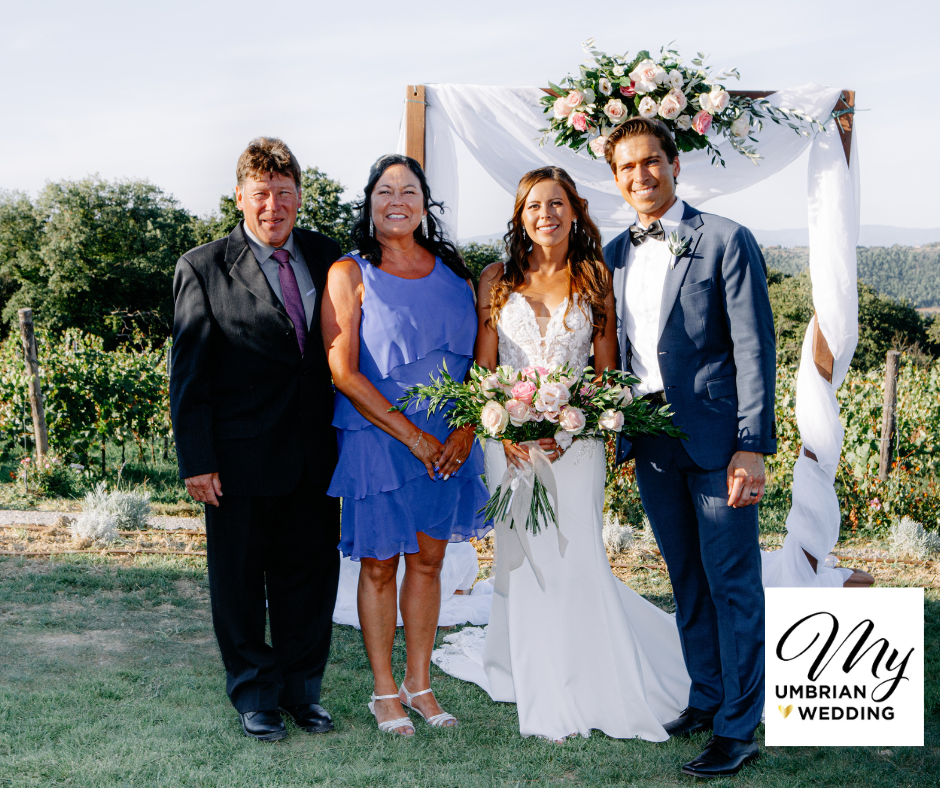
Destination wedding ceremony
A destination wedding is a wedding that takes place in a location away from the couple’s hometown. It is usually held in a tropical location or a place with special meaning to the couple, such as a destination they both love. Destination weddings are typically smaller than traditional weddings, with fewer guests and a more intimate atmosphere.
A destination wedding in Umbria can be a magical experience. The stunning region of Italy is full of rolling hills, historic architecture, and beautiful countryside. This makes it an ideal location for a romantic wedding.
Hiring an Italian wedding planner: is it the right choice?
Couples should consider the logistics of the wedding. A wedding planner is a great resource for assistance with all the details. From invitations to transportation, a wedding planner can help make the planning process stress-free.
A local wedding planner will help you to create a timeline and budget, source vendors and venues, and handle all of the logistics for the event. She knows well the territory and can be a trusted source of support throughout the planning process.
She can also offer advice on etiquette and customs, helping you to stay organized.
Entrust yourself to an Italian wedding planner, she will let you and your loved ones live the Italian bella vita, making the most of it like only a real Italian can do.
I am Fatima Palomares and I really can’t wait to meet you and start planning with you: your exclusive Italian wedding is nearer than you think!

